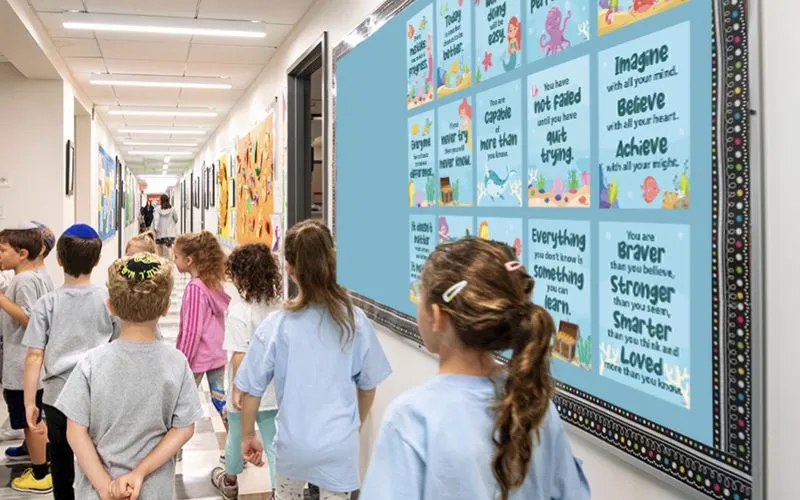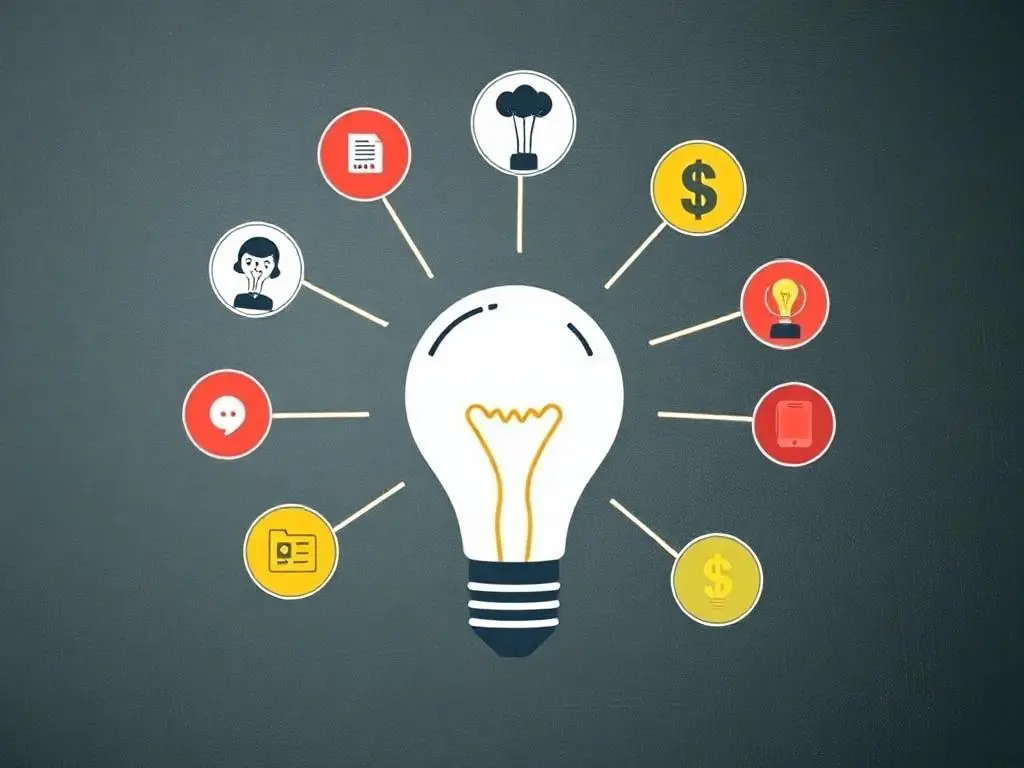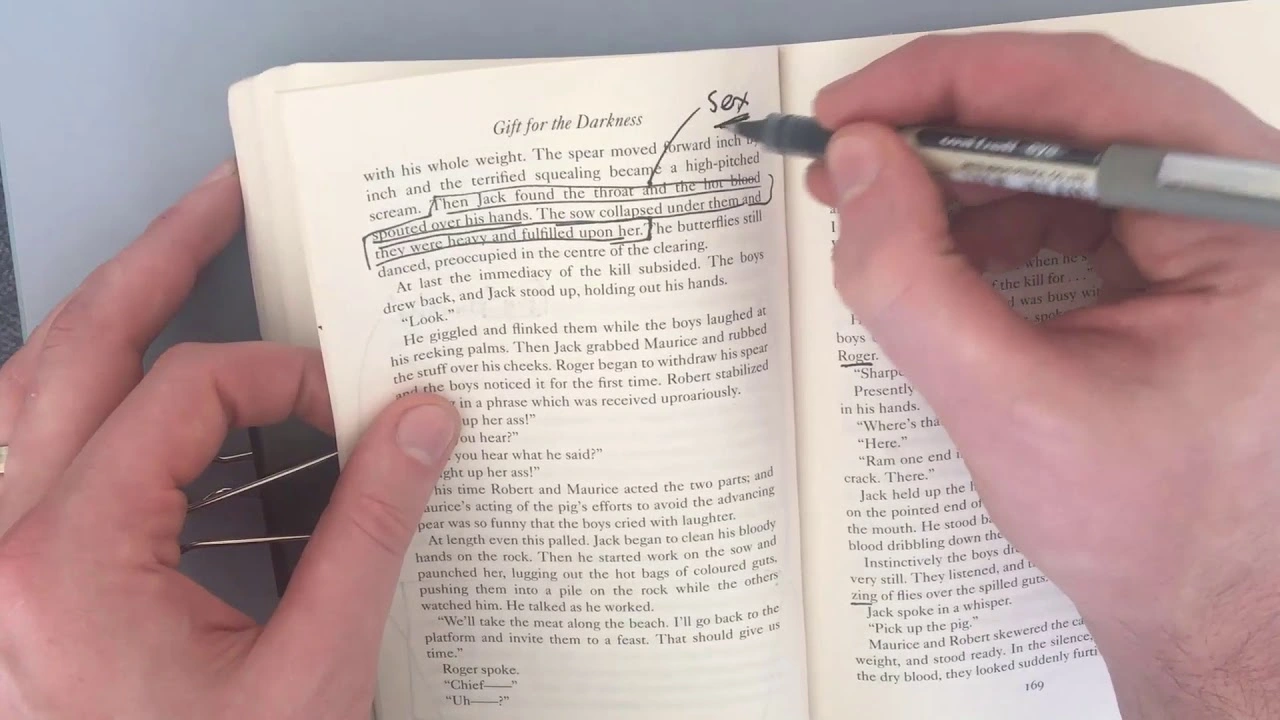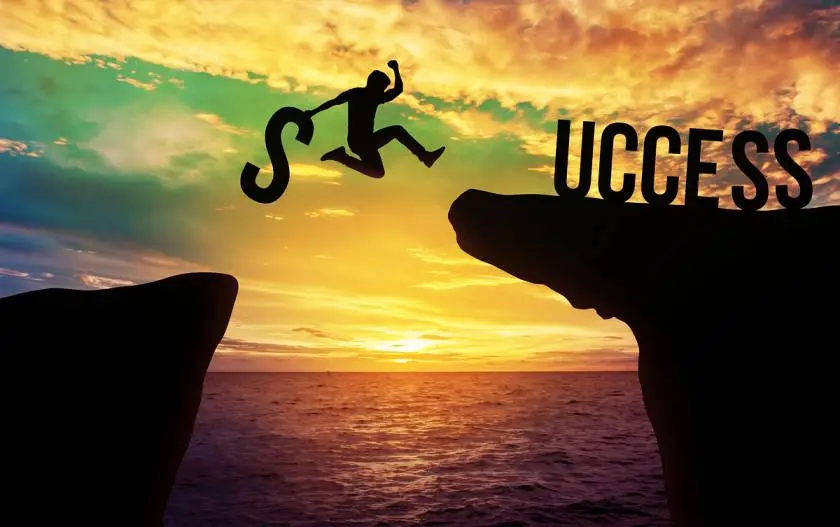- February 20, 2025
Why Empathy is the Most Important Part of Emotional Intelligence
- September 07, 2022
- in Videos

Have you ever seen a 3-year-old child laughing hard at another crying with distress or pain? If you havent, can you visualize a scene like that? How about two grown-ups in a similar scene, a grown-up laughing at another grown-up in pain or sorrow, at least do you remember any movie scenes?
As I became privileged to be a father to my son, I started experiencing life differently with his existence and company. Thanks to him, I am convinced that we come into this world well equipped with empathetic skills, but do we tend to lose these skills as we grow up?
This realization was an intriguing one for me as I kept coming across with empathy and emotional intelligence topics being presented and talked about as one of the important traits to be a successful and inspirational leader. I wanted to better understand what they are and why they are so important for todays leaders who aspire to be inspirational ones.
Definition of Empathy
There are various definitions of empathy. The simplest and the most effective one for me was feeling with people as Bren� Brown put it and this is how it is different than sympathy, which can be considered as feeling for people. Feeling with people (empathy) requires you to see and feel the situation from my perspective by putting yourself into my shoes, while feeling for people (sympathy) is acknowledging my situation. When you experience bad news such as the loss of a loved one, a co-worker can be sympathetic and say; I am sorry for your loss, it sucks. Regarding empathy, a co-worker can say I am sorry for your loss, I know it feels terrible, what are the things that I can help you with? For simplicity, empathy drives connectedness with others, while sympathy does not necessarily.Empathy is the ability to step outside of your own bubble and into the bubbles of other people. C. Joybell
Types of Empathy
There are a few types of empathy mentioned, including, but not limited to, cognitive (taking the perspective of another) and emotional (feeling the emotions of another). While there is some research indicating that the human brain responds differently when cognitive and emotional empathy are activated, I like to consider them as not separate. Both types of empathy resonate with me as a whole; taking others perspectives in order to feel the emotions as they feel so that we can act accordingly. Psychologist Daniel Goleman, indicates empathy as a component of emotional intelligence, actually one of the 12 emotional intelligence competencies. Why is emotional intelligence and/or one of its core competencies, empathy important for leaders? I tend to believe, we mostly follow leaders who we connect with, through emotions and feelings, rather than logic. Just like we mostly make our decisions based on our feelings and then we force fit them to reason. The leader mentioned here is not necessarily the organizationally hierarchical manager, but they could be anyone who takes care of others and drives them towards a compelling vision. Emotional intelligence, thus empathy, comes into the picture not only when there is sadness, but also when there is happiness. A leader with strong emotional intelligence acknowledges that recognizing and appreciating the successful performance of two individuals with different personality factors better not be the same. Jackie is a self-driven, result oriented, and fact-based go-getter while Jack is driven by collaboration, team effort and has a high need for affiliation. An effective way to recognize Jackies efforts might be to demonstrate how her results fit within the broader organizations overall performance, thus her positive and significant impact by numbers. While Jack will appreciate being recognized for his efforts resulting in enhancing the teams spirit and taking everyone to the next level in collaboration. By doing so, both Jackie and Jack will potentially feel more fulfilled, motivated and engaged while appreciating their leader for recognizing and feeling their perspective.Emotional intelligence is your ability to recognize and understand emotions in yourself and others, and your ability to use this awareness to manage your behavior and relationships. Travis BradberryThe first time my 3-year-old-son saw a cartoon character get hurt on TV, he said, he hurt himself, he is in pain and started crying as if he was hurt himself. A baby will probably start crying if she hears another one crying and will smile back upon receiving that smile with the warmth generated from her moms unconditional love. So, I dont know if growing up kills empathy, but I feel like it isnt promoted as we typically start establishing personal barriers and biases as part of the growing up process, which makes it difficult to understand and feel with others. I want to believe that we dont lose it completely but inhibit and we can learn it back from our kids. They will do this free of charge and as good as corporate training instructors, executive and personal coaches, as long as we have the willingness. Therefore, the first step to take is just to recognize that empathy is not something to learn as a new skill but to bring back from our childhood, which we all surely had once.





